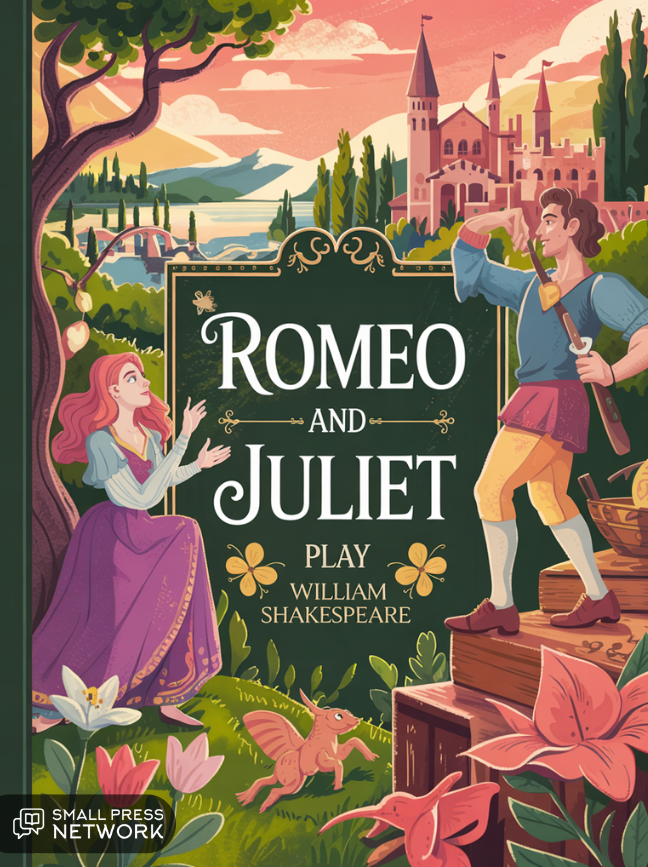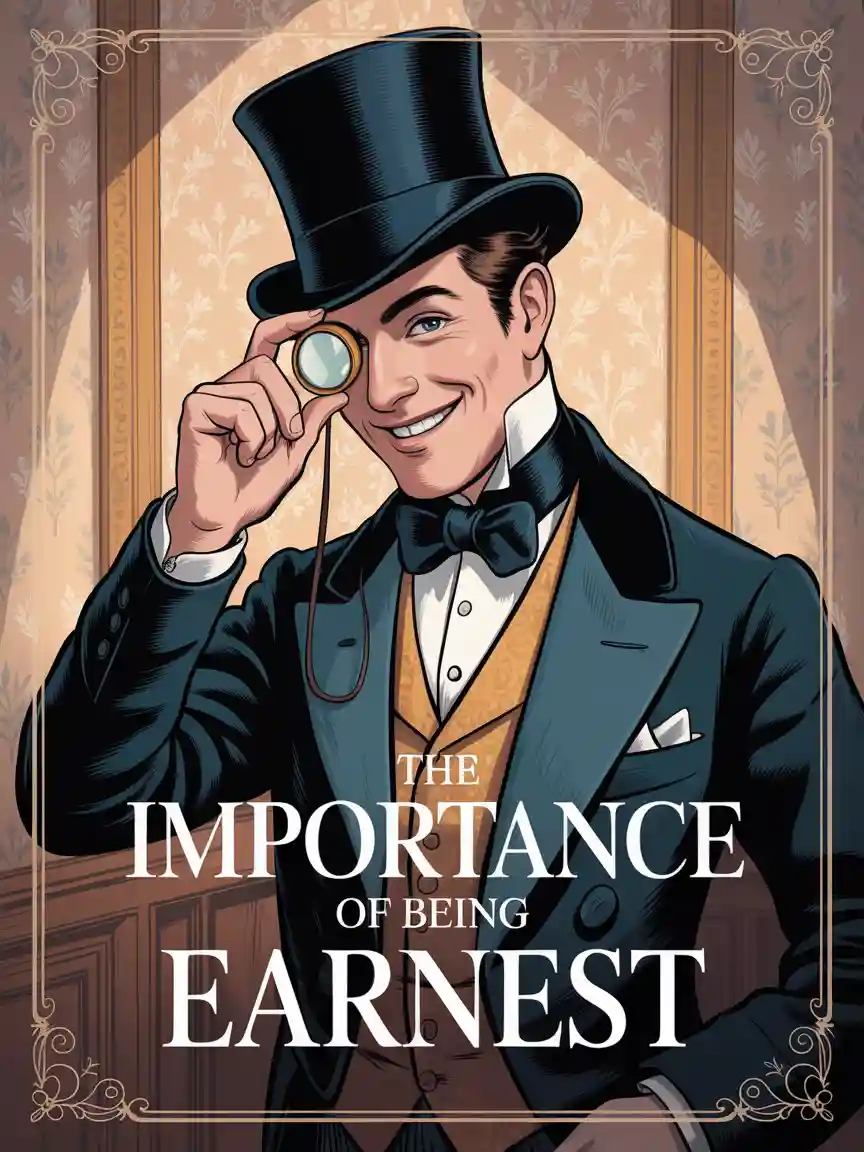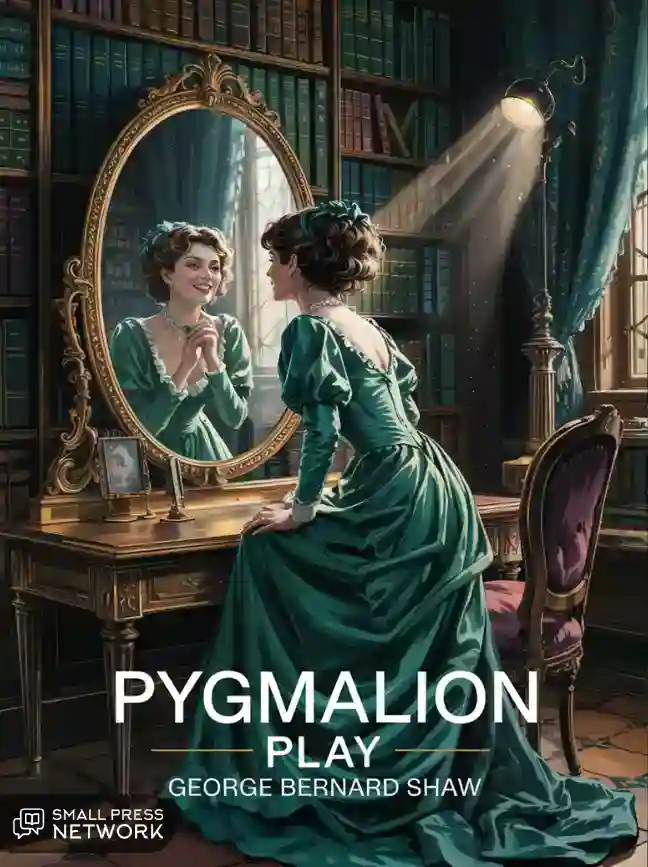William Shakespeare’s Romeo and Juliet is a timeless tragedy that tells the story of two young lovers from feuding families in Verona, Italy. Romeo Montague and Juliet Capulet meet at a masquerade ball and instantly fall in love, unaware of each other’s family affiliations. Despite the enmity between their families, they decide to marry in secret with the help of Friar Laurence, hoping their union will reconcile the Montagues and Capulets. However, a series of unfortunate events unfolds: Romeo kills Juliet’s cousin Tybalt in a duel and is banished from Verona. Meanwhile, Juliet’s parents arrange for her to marry Count Paris, leading her to take a potion that simulates death. Tragically, Romeo, unaware of the plan, believes Juliet to be dead and takes his own life. Upon awakening and finding Romeo dead, Juliet also takes her life. Their deaths ultimately reconcile their feuding families.
The play explores themes of love, fate, and the consequences of family conflict. Shakespeare’s use of poetic language and dramatic structure enhances the emotional impact of the story. The characters of Romeo and Juliet have become archetypes of young, doomed lovers, and the play remains one of Shakespeare’s most performed and adapted works. Its enduring relevance is evident in its numerous adaptations across various media, including film, opera, and ballet. The story’s exploration of the intensity of young love and the destructiveness of familial hatred continues to resonate with audiences worldwide.






